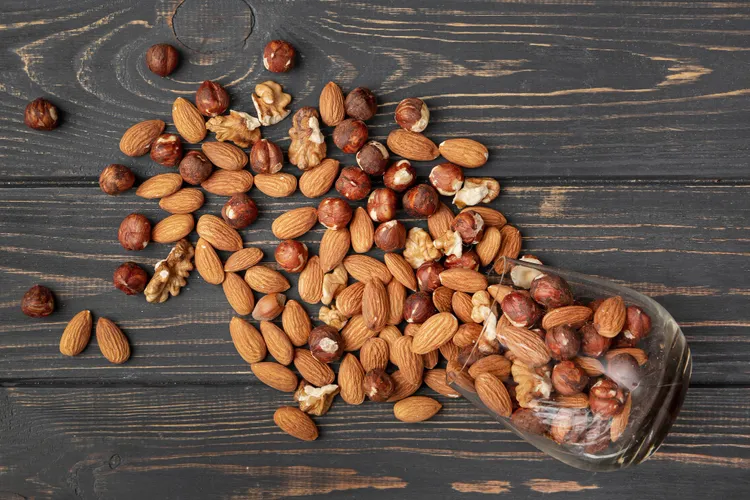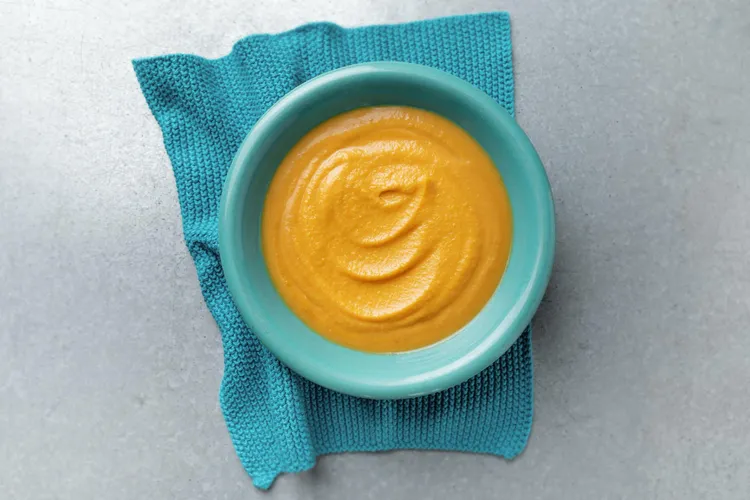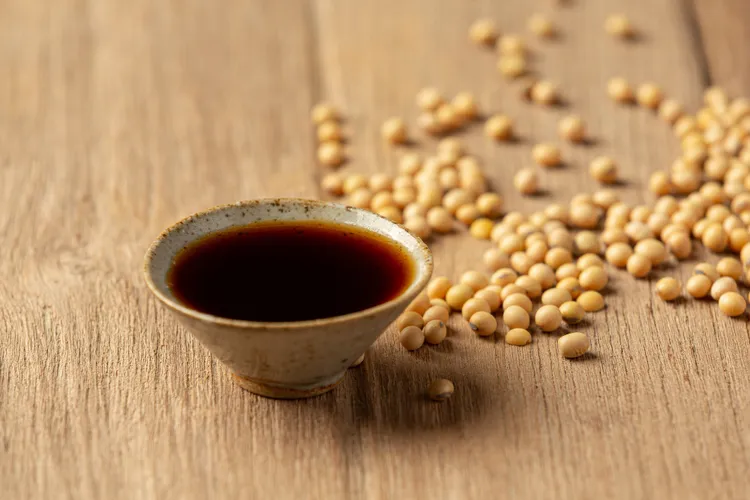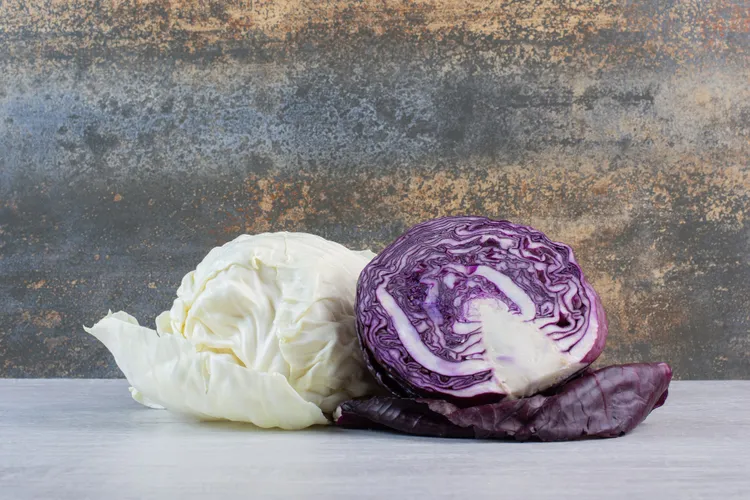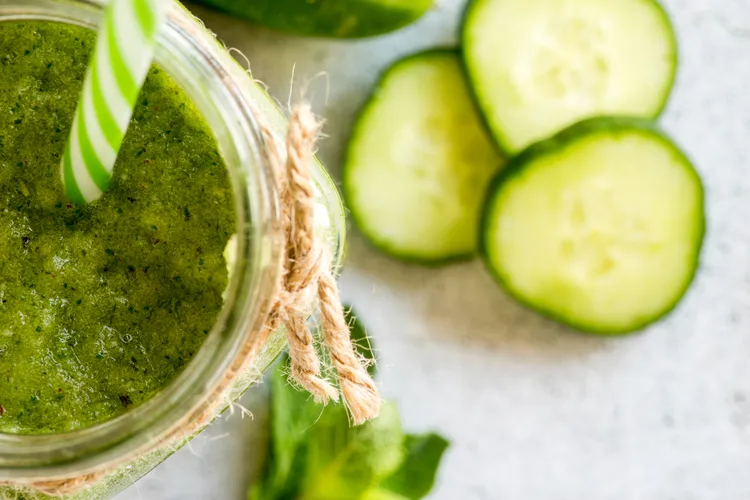How Food Provokes Our Hormones and Brain Chemicals - And Why It Matters for Your Mental Health
We’ve all heard the phrase “you are what you eat,” but science is now showing us that it’s more than a cliché - it’s biological truth. What you eat doesn’t just influence your waistline. It directly impacts your brain, your mood, your emotions, and even your thoughts. Food acts like a set of biochemical instructions. Every bite sends signals to your brain, triggering hormonal responses and neurochemical changes that can either uplift you or drag you down.
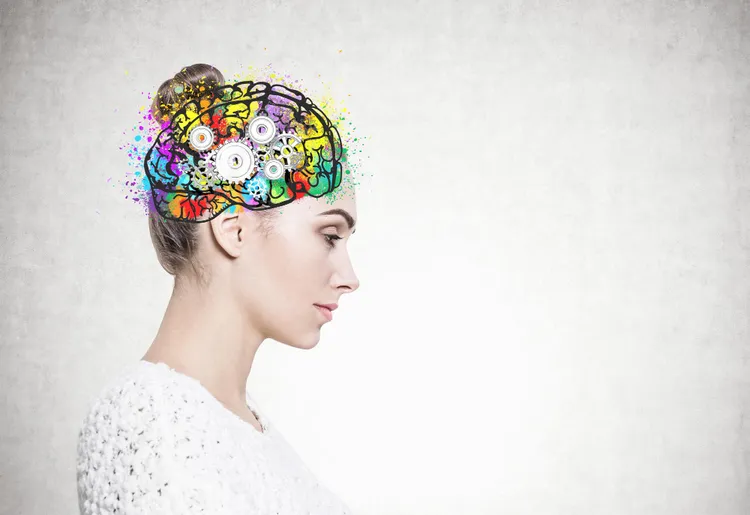
Your Brain on Food: The Biochemical Orchestra
Your brain is an organ, but it’s unlike any other. It’s made up of about 60% fat, consumes roughly 20% of your daily energy, and depends entirely on chemical messengers to operate. These messengers include:
-
Neurotransmitters like serotonin, dopamine, GABA, and norepinephrine
-
Hormones like insulin, cortisol, estrogen, leptin, and ghrelin
Food is the raw material your body uses to produce these chemicals. Think of food as fuel - but not just for energy. It’s fuel for your mood, focus, motivation, sleep, and emotional regulation.
Key Players: Hormones and Neurotransmitters Impacted by Food
Let’s look at how specific foods influence your internal biochemistry - and how that, in turn, affects your mental health.
1. Serotonin: The Mood Stabilizer
-
What it does: Regulates mood, anxiety, appetite, and sleep. Often called the “feel-good” chemical.
-
Where it’s made: Surprisingly, 90% of serotonin is produced in your gut, not your brain.
How food affects it:
-
Tryptophan, an amino acid found in turkey, eggs, and dairy, is the precursor to serotonin.
-
Carbohydrates help tryptophan cross the blood-brain barrier.
-
Fiber-rich foods feed gut bacteria that support serotonin production.
Eat more of:
-
Oats
-
Eggs
-
Nuts and seeds
-
Yogurt (with probiotics)
-
Bananas
-
Dark chocolate
2. Dopamine: The Motivation Molecule
-
What it does: Controls reward, pleasure, attention, and motivation.
-
Too little: Can lead to fatigue, apathy, and even depression.
-
Too much: Can be linked to addiction or impulsivity.
How food affects it:
-
Tyrosine, an amino acid found in high-protein foods, is needed to produce dopamine.
-
Sugar and processed foods can cause dopamine spikes, which contribute to addictive eating patterns.
Eat more of:
-
Lean meats
-
Fish
-
Eggs
-
Cheese
-
Soy products
-
Avocados
3. Cortisol: The Stress Hormone
-
What it does: Helps your body respond to stress. In small doses, it’s useful. Chronically high cortisol = burnout, anxiety, and insomnia.
How food affects it:
-
High sugar, caffeine, and refined carbs spike cortisol.
-
Magnesium-rich foods can regulate and lower cortisol.
-
Stable blood sugar levels reduce stress response.
Eat more of:
-
Leafy greens (spinach, kale)
-
Pumpkin seeds
-
Dark chocolate (in moderation)
-
Whole grains
-
Herbal teas (like chamomile and ashwagandha)
4. Insulin: The Blood Sugar Regulator
-
What it does: Manages blood glucose levels. When imbalanced, it can cause mood swings and fatigue.
How food affects it:
-
Frequent consumption of high-glycemic foods causes blood sugar spikes and crashes, affecting mood.
-
Low-GI (glycemic index) diets are associated with more stable moods and less depression.
Eat more of:
-
Quinoa
-
Legumes
-
Berries
-
Non-starchy vegetables
-
Nuts
5. Ghrelin and Leptin: The Hunger Hormones
-
Ghrelin = hunger signal
-
Leptin = satiety signal
How food affects it:
-
Ultra-processed foods and irregular eating disrupt this hormonal balance, leading to overeating and mood-related fatigue.
-
High-protein, high-fiber diets keep leptin and ghrelin in sync.
Eat more of:
-
Lean proteins (chicken, tofu)
-
Beans and legumes
-
Chia seeds
-
Vegetables and whole fruits
Gut-Brain Axis: The Forgotten Link
The gut isn’t just for digestion. It’s a “second brain” housing over 100 million neurons and trillions of bacteria. This microbiome directly communicates with your brain through the vagus nerve and chemical messengers.
A disrupted gut = disrupted mood.
Gut-friendly foods:
-
Probiotics: yogurt, kefir, sauerkraut, kimchi
-
Prebiotics: onions, garlic, asparagus, bananas
-
Polyphenols: green tea, berries, dark chocolate
Studies have shown that a healthy gut microbiome can:
-
Reduce symptoms of anxiety and depression
-
Improve cognitive performance
-
Enhance emotional resilience
Nutritional Psychiatry: The New Frontier
The field of nutritional psychiatry is emerging fast, and it’s rewriting everything we thought we knew about mental health.
One of the largest studies, the SMILES Trial, found that people with moderate to severe depression who switched to a Mediterranean-style diet experienced significant improvement in symptoms - many even entered remission.
Why?
Because the Mediterranean diet is rich in:
-
Healthy fats (especially omega-3s)
-
Antioxidants
-
Fermented foods
-
Fiber
-
Complex carbs
It reduces inflammation, supports gut health, and provides the building blocks for brain chemistry.
The Food-Mood Downers
Just as some foods support mental health, others can sabotage it. Here are the top culprits:
1. Sugar
-
Causes blood sugar crashes
-
Increases inflammation
-
Disrupts dopamine and serotonin
-
Linked to higher rates of depression
2. Refined Carbs
-
White bread, pastries, pasta spike blood sugar
-
Associated with brain fog and fatigue
3. Artificial Sweeteners
-
Aspartame can block serotonin production
-
Some studies link it to increased anxiety
4. Alcohol
-
Depresses the central nervous system
-
Depletes serotonin
-
Disrupts REM sleep
5. Trans Fats and Ultra-Processed Foods
-
Increase systemic inflammation
-
Negatively affect brain function and mood
Rewiring the Brain with Food: A Daily Practice
Mental health isn’t just a matter of willpower or medication - it’s deeply intertwined with your daily diet. You have the power to feed your brain what it needs to heal, focus, and thrive.
Here's how to begin:
| Action | Why it matters |
|---|---|
| Eat a protein-rich breakfast | Stabilizes blood sugar and boosts dopamine |
| Include healthy fats daily | Supports brain structure and reduces inflammation |
| Add fermented foods weekly | Balances gut flora and improves mood |
| Limit sugar and refined carbs | Prevents energy crashes and mood swings |
| Stay hydrated | Dehydration can mimic symptoms of anxiety and depression |
You Eat With Your Mind, Not Just Your Mouth
Every meal is a message to your brain. A signal that says, "Survive," or "Thrive."
The good news? You don’t need to be perfect. Just aware. Begin where you are, with what you have.
-
Swap sugary snacks for fruit and nuts.
-
Try a colorful, whole-food dinner once a week.
-
Drink water before reaching for another coffee.
-
Pause and ask, “Is this feeding my mind as well as my mouth?”
Over time, these small shifts lead to big transformations - physically, mentally, and emotionally.
Eat for Mental Clarity, Not Just Calories
You are not only what you eat - you are how you feel after what you eat.
Food is not just fuel. It’s information. It’s therapy. It’s medicine.
Let it heal. Let it balance. Let it nourish every cell of your body and every spark in your mind.
Eat wisely. Think clearly. Live fully.




